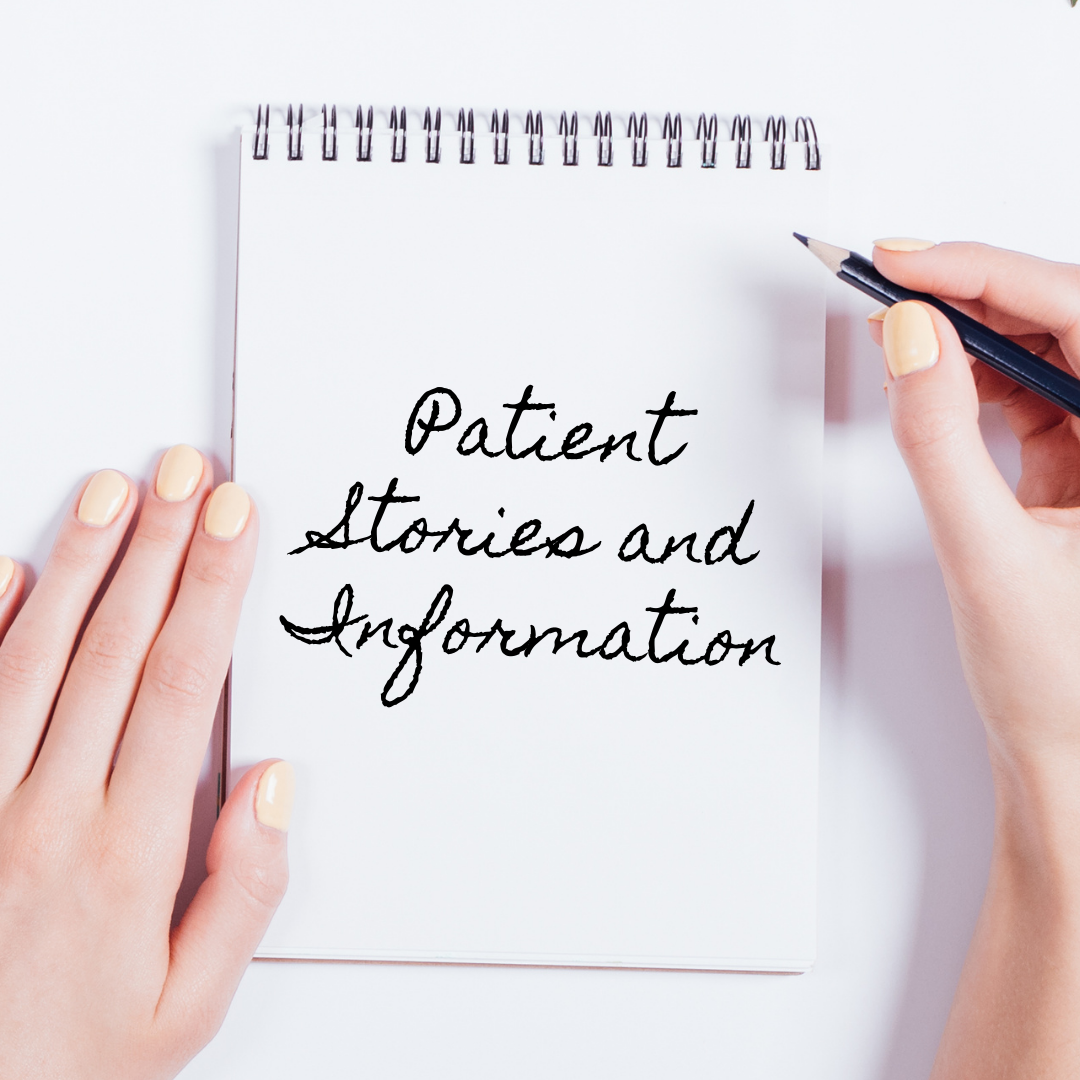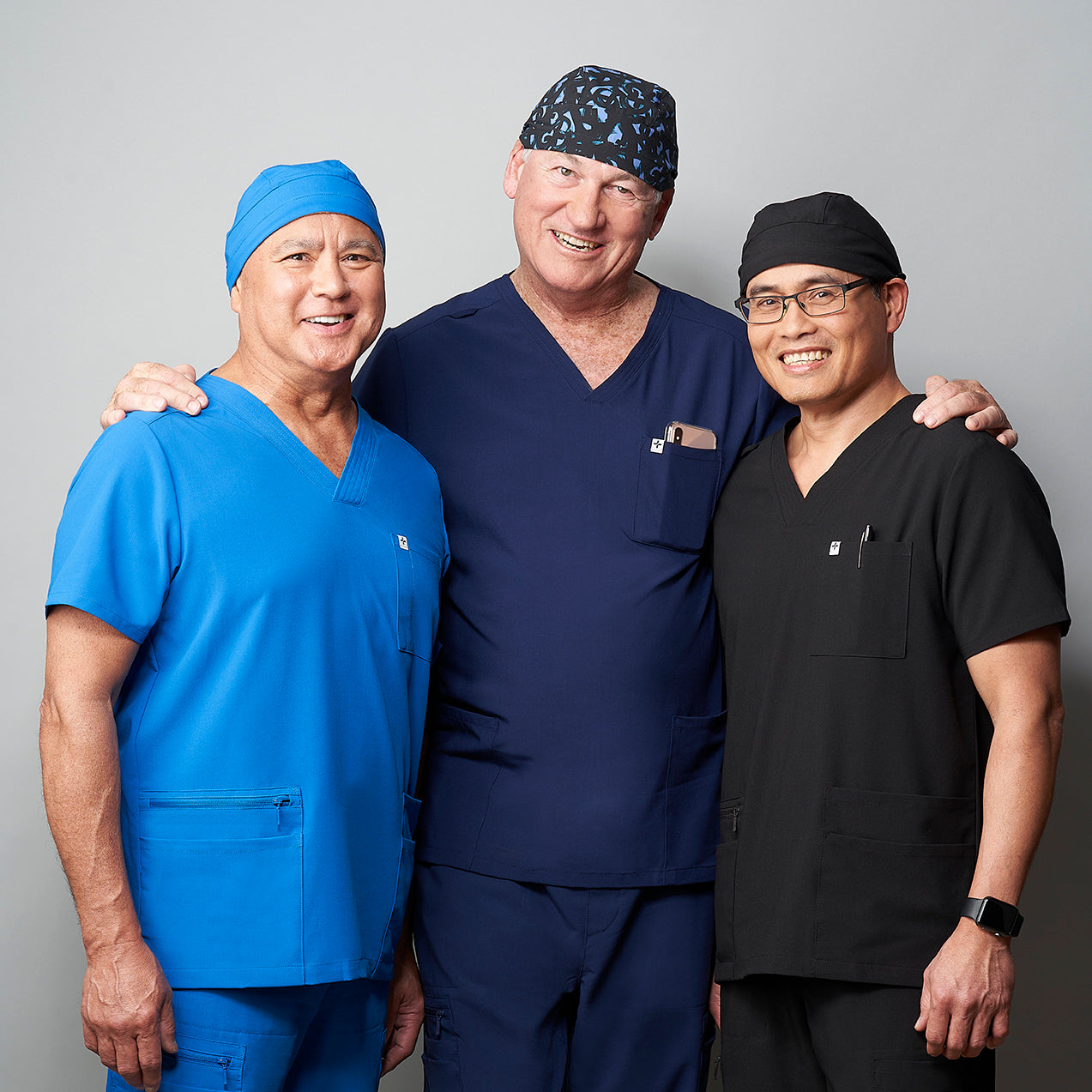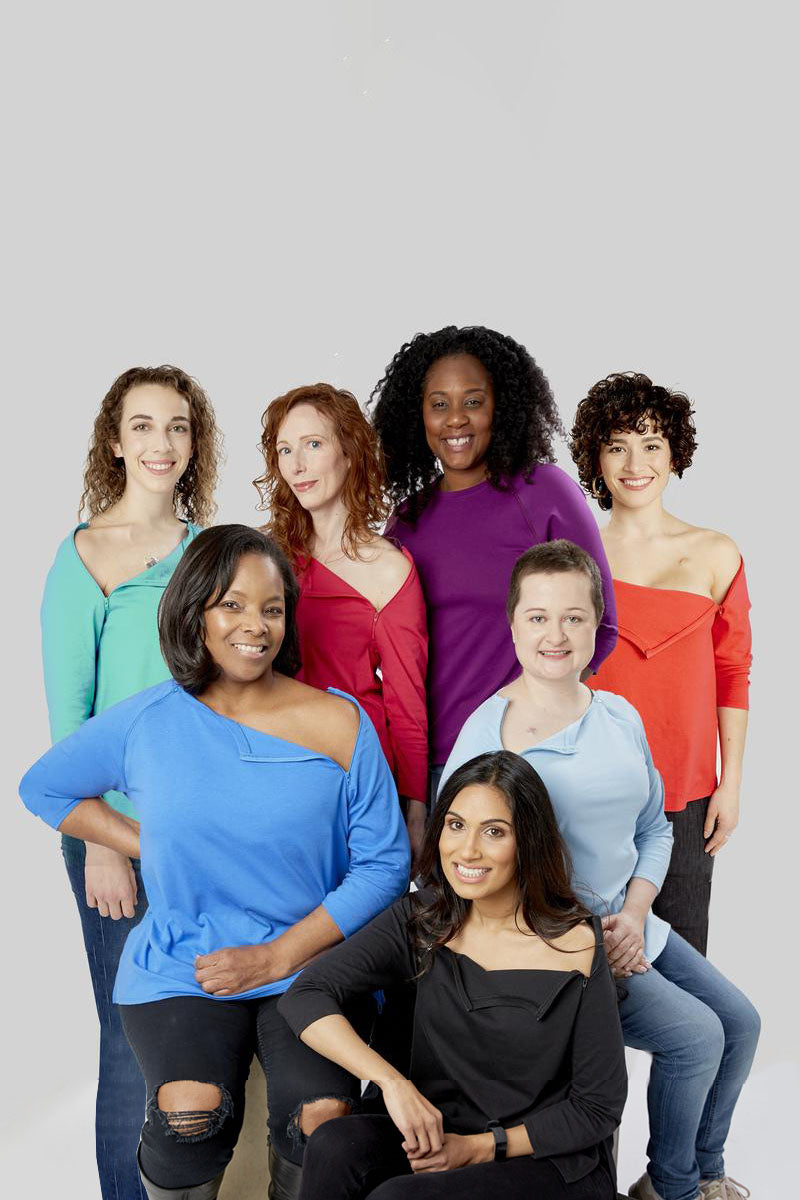 Elissa Bantug, a two-time breast cancer survivor with an extensive history of breast cancer advocacy who counsels patients on intimacy. She is a Healthcare Consultant and Patient Advocate.
Elissa Bantug, a two-time breast cancer survivor with an extensive history of breast cancer advocacy who counsels patients on intimacy. She is a Healthcare Consultant and Patient Advocate.
When you’ve had breast cancer, one of the biggest challenges can be determining how and when is the right way to tell a potential partner about your cancer. Whether you are a current breast cancer patient, have completed your treatment, or are living with advanced disease, the idea of going on a date may feel daunting.
As someone who has had to learn how to date after cancer and who spends time counseling other patients on intimacy, I would say timing is everything. I often advise patients not to have this discussion on first dates as this is a lot to process for both you and your potential partner. There is also a level of vulnerability that is required for a discussion like this that may not be suited for very initial stages of a new relationship. Although there might not be a perfect time to tell someone about your cancer journey, there are perhaps less ideal times. Here are some suggestions I often make:
Dating with Breast Cancer: Timing is everything
If you have been disclosing about your cancer journey online such as on twitter or Facebook, I recommend you tell a prospective partner before he/she finds out from a routine google search.
A few years ago on a second date, I had a man say to me “I googled your name and know all about you”. Now, I have chosen to be very outspoken about my cancer struggles online but it put me in a challenging situation not being able to control the narrative.
How To Talk About Your Breast Cancer Diagnosis When Dating
This should be done face-to-face if possible so you can gauge body language. Try to come from a place of love and connection. I recommend not becoming a biology teacher or cancer lecturer but informing your partner with the necessary information that may be relevant to the situation. Make sure you pause regularly for comments and ask for questions along the way.
Choose how much you disclose
In addition to revealing your diagnosis, you should explain what was done, how you're doing now, where you may have lack of sensation, reconstruction if any and anything else that may be important to a satisfying experience.
Do it before clothes come off
It is important to mention that you have had breast cancer before being intimate with someone. This is not a conversation you want to have as clothes start coming off. Let a potential partner know what to expect.
Find your comfort level when being intimate
It is often obvious to a partner if you are uncomfortable. These feelings will likely impact overall satisfaction for both you and your partner. If it would help you feel more comfortable, wear clothing and accessories that feel right for you. If you feel self-conscious about scars or changes to your body while being intimate, experiment with wearing a t-shirt, find lingerie that makes you feel attractive or consider keeping the light off. The more comfortable you become with your partner, the easier this will become.
Setting Clear Expectations in a Relationship After Breast Cancer
As with any romantic relationship, you should be very clear about what you like and don’t like and what feels good and what doesn’t as you explore each other. Having an open dialogue allows you to be vulnerable with someone both physically and emotionally – ideally they will respond with the same level of openness and honesty.
Although breast cancer will most likely always be a part of you, it should not define you. You are much more than a cancer patient and anyone who you choose to be intimate with should accept you, for you. The reality is scars, stretch marks, birthmarks and other unique features help define us and make each of us imperfectly, perfect. By being open, you’re conveying your confidence not just to your potential partner, but also to yourself.
As Healthcare Consultant and Patient Advocate, Elissa is an outspoken advocate for women living with breast cancer and has first-hand experience with many of the concerns breast cancer can create including coping with long term side effects, fertility, negotiating with employers while in treatment, survivorship care planning, navigating between medical professionals and obtaining insurance. We are proud to have Elissa on our advisory board and are excited to share her thoughts on dating and breast cancer in our second issue of Nurture.
Related Blogs:










Leave a comment (all fields required)